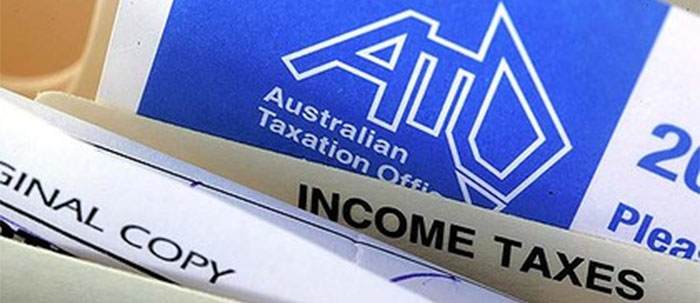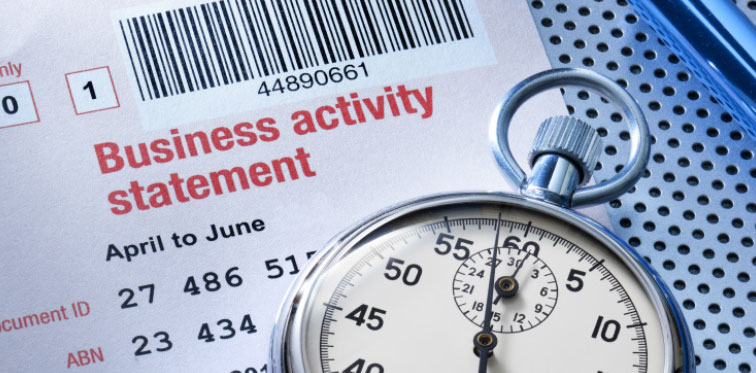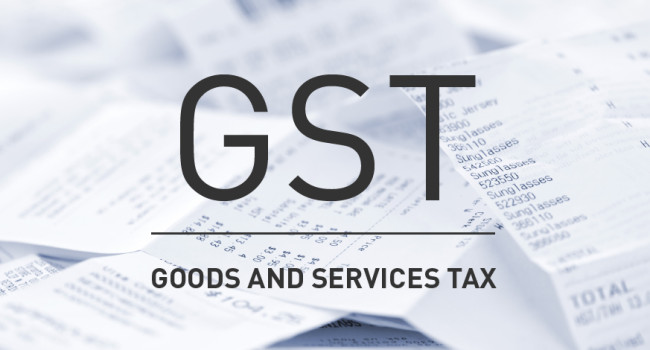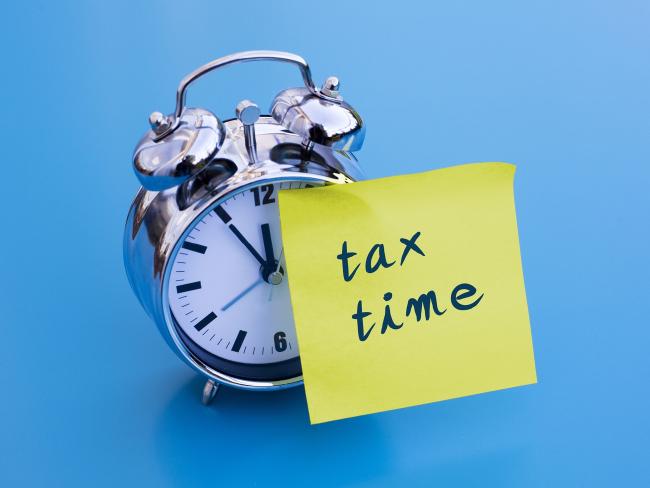BAS 101: A Business Guide to BAS and GST
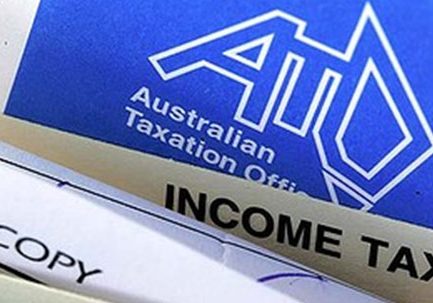
Lodgement or filing in the BAS or Business Activity Statement is a legal obligation for all businesses operating in the country. It is the country’s tax reporting and collecting tool and the Australian Taxation Office (ATO) have set specific rules and regulations on BAS and GST lodging. Non-compliance, inaccuracy and late lodgement can lead to penalties, fines and other sanctions.
What is BAS?
BAS or business activity statement is a summary of business events and transactions in a given period. It includes the business earnings, expenses, spendings, wages with PAYG withheld, GST tax status and other business details.
The report is to guide ATO in estimating your annual business income. Payable tax is computed based on the estimated income, and as your prepayment tax. In essence, you are paying an instalment of your annual business income tax that is periodically (monthly or quarterly) updated according to your business activities and performance.
What is GST?
GST or goods and services tax is a tax levied on the sale of most goods and services in Australia. Sellers, retailers and service providers of taxable goods and services and who are earning the threshold amounts of income are required to collect 10% of the cost of sales from their customers. In essence, the sellers, retailers and services providers are tax collection channels of the government.
GST collection is reported in the BAS. The business will remit to the government any collected GST less GST paid for business expenditures. So, if you have $1 million in sales, GST collected is $100,000 or 10% of the sales. If the total business expenses for the period is $550,000, you’ve paid $50,000 of GST. Your GST payable for the period is $50,000.
Who are required to register for BAS and GST?
All businesses operating in the country are obligated to register for BAS and GST except;
Ø Business enterprises with a yearly turnover or gross income below $75,000.
Ø Tax-exempt organisations with a yearly turnover or gross income below $150,000.
However, if you’re running a taxi travel service business, you are required to register regardless of the business income.
When and how often do you need to lodge your BAS?
Businesses have an option to report monthly or quarterly. Many businesses opt for the quarterly reporting to minimise reporting paperwork and expenses. However, this option will also significantly increase the bulk of the work as transactions and data covering three months of business operations are consolidated into the reports.
For monthly lodgement, the deadline is set for the 21st day of the following month. So, the deadline to lodge BAS for January 2017 is February 21st, 2017.
For quarterly reporting, the deadline is set for the 28th day of the following month of the quarter cut-off. The quarter coverage months are January-March, April-June, July-September and October-December. Deadlines are as follows;
Ø First Quarter (January-March) – April 28th
Ø Second Quarter (April-June) – July 28th
Ø Third Quarter (July-September) – October 28th
Ø Fourth Quarter (October-December) – February 28th
The deadline for the fourth quarter lodgement is set back one month, in consideration of the busy holiday season. This is to allow businesses extra time to do the BAS and GST. Businesses using the help of a tax agent for their BAS and GST reporting are also given a one-month extension for all BAS lodgements.
If the deadline falls on a holiday or on a weekend, the deadline is set for the next business day.
What are the penalties for late reports?
ATO fine late lodgements. Penalties and interest charges are applied to non-compliance of the BAS and GST lodgements. ATO deadlines are for lodging, payments are encouraged to be made with the reports, but you can still make arrangements to pay later.
The penalty for failure to lodge on time is applied when documents, forms and reports are not lodged within the specified time. However, the penalty is cancelled if you are using a registered BAS or tax agent and the reason for the delay is on the part of the agent.
In some cases, penalties are not applied, where;
Ø The lodgement is a refund.
Ø The lodgement is nil.
The exemption does not apply to late lodgement with warnings and taxable payment annual reports.
The penalty for late lodgement is one penalty unit for every 28 days it is overdue. Designated amount for the penalty unit for small entities is $180, $380 for medium entities and $900for large entities. A maximum of five penalty units is applied. Computation for penalties is as follows;
Less than 28 days overdue – Small = $180, Medium = $360, Large = $900
29 – 56 days overdue – Small = $360, Medium = $720, Large = $1,800
57 – 84 days overdue – Small = $540, Medium = $1,080, Large = $2,700
85 – 112 days overdue – Small = $720, Medium = $1,440, Large = $3,600
Over 113 days overdue – Small = $900, Medium = $1,800, Large = $4,500
A GIC or general interest charge of 9.15% will also be applied on the penalty.
Talk to the professionals
BAS and GST lodging can be complicated, time-consuming and too complex for those who don’t have the knowledge and experience in taxation. With the set deadlines and penalties, you can’t afford to commit mistakes or be late with the lodgements. Your business can benefit a lot from having an accountant or a registered BAS agent to help you with your BAS lodgement and computations.
We can take the BAS stress out of you. Talk to us about your BAS, GST and other taxation concerns. Let us find solutions together.
General advice disclaimer
The information provided on this website is a brief overview and is general in nature. It does not constitute any type of advice. We endeavour to ensure that the information provided is accurate however information may become outdated as legislation, policies, regulations and other considerations constantly change. Individuals must not rely on this information to make a financial, investment or legal decision. Please consult with an appropriate professional before making any decision.

